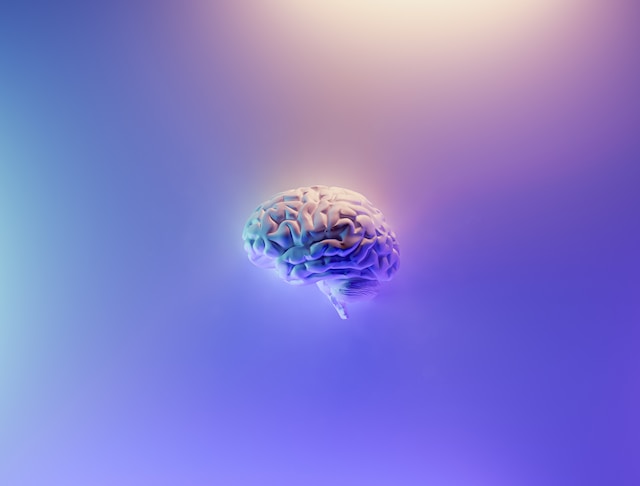Our understanding of mental health has greatly evolved in recent years, thanks to advancements in neuroscience. Researchers are unravelling the intricate relationship between the brain, emotions, and behavior, shedding light on the underlying mechanisms that influence our mental well-being. In this article, we delve into the fascinating field of neuroscience and its profound implications for mental health.
The brain, with its billions of interconnected neurons, serves as the control center of our emotions, thoughts, and behaviors. Understanding how neural processes contribute to mental health challenges is a critical step toward developing effective interventions and destigmatizing mental disorders.
Emotions, the cornerstone of our subjective experiences, are rooted in the brain’s intricate circuitry. Neurotransmitters, the chemical messengers of the brain, play a crucial role in regulating emotional states. Imbalances in neurotransmitter levels, such as serotonin, dopamine, and norepinephrine, have been linked to various mental health disorders, including depression, anxiety, and bipolar disorder.
Research has also shed light on the brain regions involved in emotional processing. The amygdala, known as the brain’s “fear center,” plays a pivotal role in emotional responses, particularly fear and anxiety. The prefrontal cortex, responsible for higher cognitive functions, helps regulate and modulate emotional reactions. Dysfunctions in these brain regions and their connections can contribute to emotional dysregulation observed in mental health conditions.
Moreover, the intricate interplay between genes and the environment shapes our mental well-being. Genetic factors influence the structure and function of the brain, predisposing individuals to certain mental health conditions. However, the expression of these genes is modulated by environmental factors, such as stress, trauma, and social experiences. This gene-environment interaction highlights the complexity of mental health and the need for a holistic approach to treatment and prevention.
The impact of mental health on behavior is undeniable. Neurological conditions like schizophrenia can significantly alter one’s perception of reality, leading to disorganized thinking and behavioral abnormalities. Similarly, mood disorders can influence motivation, energy levels, and decision-making processes, often resulting in noticeable changes in behavior.
Neuroscience research has also revealed the plasticity of the brain, demonstrating its ability to adapt and change throughout our lives. This concept of neuroplasticity offers hope for individuals with mental health disorders, as it suggests that interventions and therapies can lead to rewiring and rewiring the brain. Cognitive-behavioral therapy, mindfulness practices, and even certain medications have been shown to promote neuroplasticity, enhancing mental well-being and fostering recovery.
Despite the progress made in neuroscience and mental health research, several challenges persist. The brain is immensely complex, and unraveling its mysteries requires ongoing interdisciplinary collaboration and sophisticated research techniques. The field is still in its infancy, and many questions remain unanswered. However, each discovery brings us closer to a deeper understanding of mental health and paves the way for innovative treatments and interventions.
Destigmatizing mental health is another crucial aspect of fostering a compassionate society. The knowledge that mental health challenges have neurological foundations can help counteract misconceptions and stereotypes. By promoting awareness, education, and empathy, we can create an environment that encourages individuals to seek help without fear of judgment or discrimination.
In conclusion, the field of neuroscience offers profound insights into the intricate relationship between the brain, emotions, and behavior. By understanding the neurobiological underpinnings of mental health, we can advance our approaches to prevention, diagnosis, and treatment. It is crucial that we continue to support neuroscience research, raise awareness.












